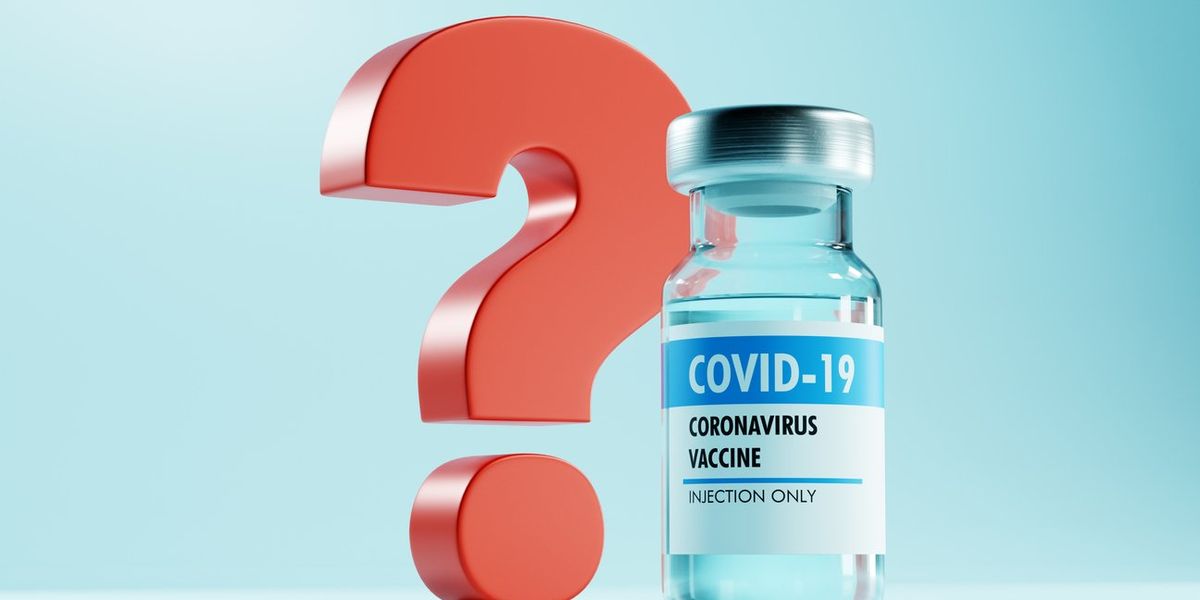On the first trace of a sore throat or sniffle, my intuition is to achieve for a fast Covid-19 check, particularly if I’m going to be round different individuals. It helps that I’ve a big stash of free Covid checks due to a federal requirement that well being insurers pay for them.
My warning might seem to be overkill for the Individuals who imagine the pandemic is already over, however I feel you’ll be able to by no means be too cautious — and the ) nonetheless recommends testing if in case you have signs or are uncovered to somebody with Covid.
Quickly, although, the emergency part of the pandemic will formally be over. In January 2023, the Biden Administration introduced that the federal PHE would , after greater than three years. Whether or not you continue to fear about Covid or have lengthy thought of it historical past, the top of the PHE means extra than simply the top of free fast checks.
What the top of the general public well being emergency means for healthcare
A PHE is mostly outlined as any widespread, imminent man-made or pure menace to the well being of the inhabitants. Throughout the Covid-19 pandemic, states and the federal authorities declared official PHEs, which gave them sure powers to reply to public well being threats.
On the federal stage, the PHE designation elevated funding for illness therapy and prevention and let authorities companies loosen up sure guidelines. Among the PHE guidelines we’ve all gotten used to will final a bit longer or turn out to be everlasting. Many, although, will finish in Might together with the PHE.
Listed here are a number of the you’ll be able to count on because the PHE involves a detailed.
1. Covid checks might now not be free
As soon as the PHE ends, personal insurance coverage firms will now not need to pay for Covid testing, both over-the-counter or at a testing web site. They might select to proceed masking these advantages on their very own.
Individuals with will now not get free over-the-counter fast checks, however they are going to have protection for Covid testing when a healthcare supplier (HCP) orders it.
Individuals on may have just a little longer to get free testing. States will cowl the price of Covid testing for individuals enrolled in . After that, some states might select to proceed masking Covid testing, however they received’t need to.
As soon as individuals should pay out of pocket for fast checks and for Covid checks ordered by an HCP, individuals are not more likely to check as usually. With much less testing — and fewer reporting necessities — we might not know when the virus is beginning to unfold extra extensively.
“That is one thing that ought to be monitored,” mentioned Laurie Zephyrin, M.D., MPH, MBA, senior vp for Advancing Well being Fairness at The Commonwealth Fund and medical assistant professor of obstetrics and gynecology at NYU Langone Faculty of Drugs.
Individuals with weakened immune techniques, who’re already at larger danger, will probably be susceptible if infections rise in the neighborhood round them.
2. Guidelines about free Covid vaccines will change
When the PHE ends, there’ll now not be a mandate in place that requires Covid vaccines to be free. Nonetheless, individuals with personal insurance coverage ought to have the ability to get vaccinated with out copayments beneath the preventive care necessities of the Inexpensive Care Act. And, in line with what are saying now, vaccines might proceed to be free for individuals with out insurance coverage.
3. Covid remedies ought to keep the identical
Usually talking, the top of the PHE will , that are particularly essential for who’re on the biggest danger of extreme illness and demise.
4. Telehealth might get more durable to entry
The usage of telehealth exploded in the course of the pandemic out of necessity. It additionally helped that the federal government relaxed sure telehealth guidelines. For instance, HCPs had been allowed to conduct telehealth visits throughout state traces. After the PHE ends, it’ll be as much as state licensing companies to determine whether or not to maintain permitting that.
One other factor that made telehealth simpler in the course of the PHE was the flexibility to see an HCP on a smartphone or video conferencing app. Tons extra HCPs began providing telehealth companies as a result of the U.S. Division of Well being and Human Companies waived potential penalties for not utilizing expertise that particularly meets strict privateness rules. That waiver will finish with the top of the PHE. Some HCPs could also be much less keen to supply telehealth when the outdated guidelines return.
Throughout the pandemic, HCPs had been allowed to prescribe sure medication, comparable to together with steroids and stimulants, remotely. New guidelines might prolong these flexibilities, however there is no such thing as a assure as soon as the PHE ends.
5. Lots of people might lose their medical insurance
Usually, individuals on Medicaid should frequently show that they’re nonetheless eligible or danger being disenrolled. However, early within the pandemic, Congress required state Medicaid packages — which cowl Individuals — to maintain individuals constantly enrolled in protection till the top of the PHE. Congress later , so states can already begin checking eligibility of individuals on Medicaid. estimates that as much as 14 million individuals might lose protection consequently.
Even for those who don’t have Medicaid protection, as extra individuals lose advantages, hospitals and HCPs who depend on insurance coverage reimbursement might face monetary pressure and extra individuals across the nation will battle to entry the care they want.
As my provide of Covid checks dwindles, I do know it marks a optimistic, if symbolic, milestone: the official finish of the emergency part of the pandemic. However I additionally know that for thousands and thousands of Individuals, together with immunocompromised individuals and other people susceptible to dropping Medicaid protection, hardships should still lie forward.
